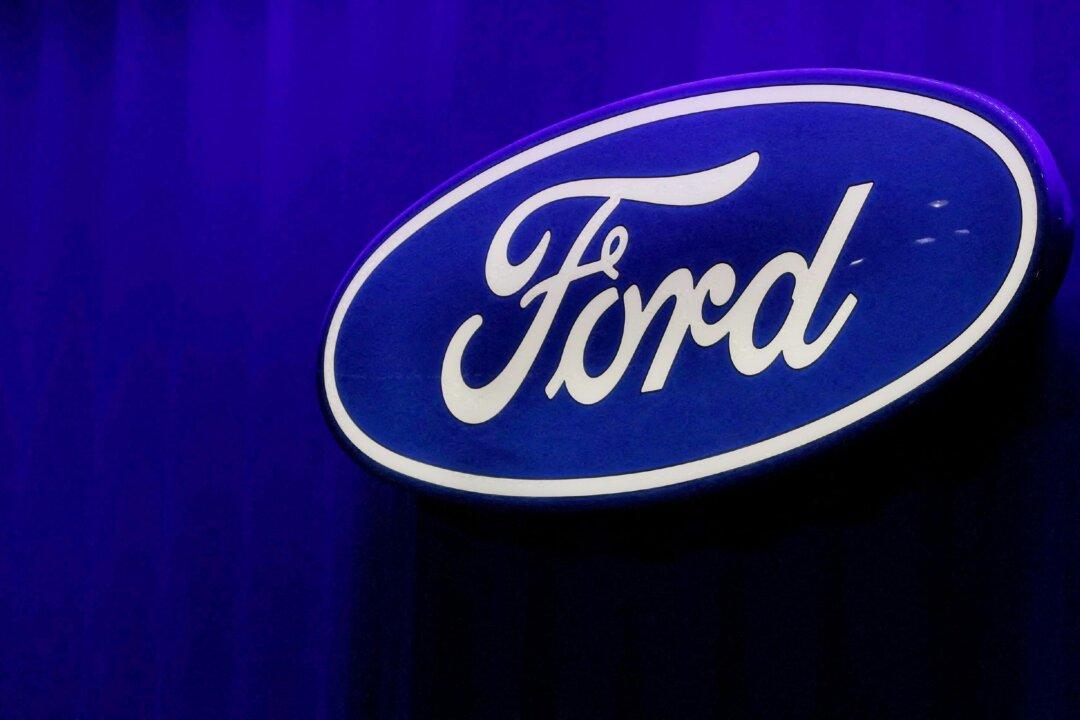U.S. auto giant Ford Motor Co. has followed in the footsteps of Tesla and Korea’s LG Energy Solution after striking a deal with Australia’s Liontown Resources for the lithium supply for the next five years.
The move comes as automakers scramble to secure the supply of the valuable commodity as the global pursuit of net-zero pushes up demand for the critical mineral, which has driven prices to new heights.





